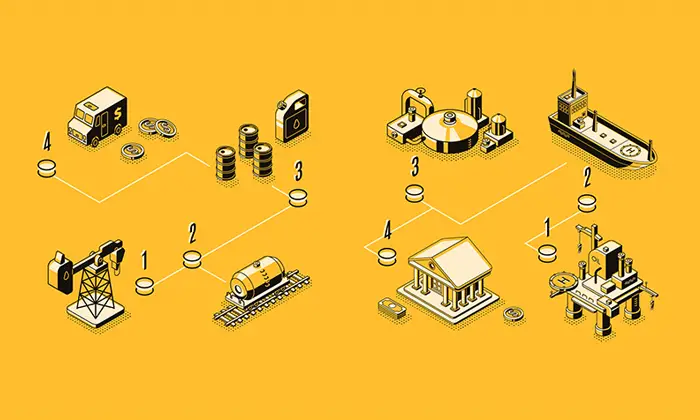Today’s smart tech solutions have revolutionized user experience in retail environments. One such technology is contactless shopping, which has witnessed exponential progress since 2014, redefining the landscape of how we make payments against our purchases.
A number of mobile applications have surfaced, making the user engagement from product selection to payment fast and easy. These include online retailing and service offering applications such as Flipkart, Alibaba, Airbnb, and Uber, as well as several online payment systems, like Google Wallet. Since these online portals involve the exchange of data and also store crucial banking information, one may wonder – are these online portals as secure as the good old brick-and-mortar checkouts? Thanks to RFID technology, the answer is an absolute YES!
RFID In Mobile Technology
A new spending trend of touch-and-go has emerged and is on the rise since the advent of NFC technology! NFC is a form of High Frequency (HF) RFID that works by facilitating communication over a short range between compatible devices. When a transmitting device (often an NFC-enabled smartphone) and a receiving device (usually an NFC-ready point-of-sale terminal) are in proximity, they get activated and use radio waves to communicate. However, this happens only when the security authorization is approved.
Your e-Wallets only communicate with an NFC reader when you unlock the app. Multiple authentication factors such as biometrics, face, or iris recognition help ensure that only the authorized person is accessing the application. Hence, a major breakthrough in contactless payments is that it has turned our smartphones into “mobile wallets,” reducing shoppers’ need to carry credit and debit cards for making transactions.
However, one drawback of using NFC-enabled contactless shopping is that the user is restricted to only the stores that are equipped with NFC-ready payment terminals. Also, the consumer must have a smartphone that supports this technology. But the good news is that more and more businesses are adopting NFC to keep up with the trend and match the demands of the customers.
Deployment Of RFID In Businesses
RFID is a versatile technology that has now made its mark in the retail sector. Due to its rising popularity and the gamut benefits it delivers, more and more retail stores are investing in RFID technology and are creating NFC stations to attract tech-smart shoppers.
In addition to that, NFC has become an indispensable feature in almost all major smartphone brands. Mobile manufacturing companies, especially the iPhone, have empowered their smartphones to even read NFC tags (on products or advertisements) with an app.
Although many use cases of NFC technology are yet to be explored, businesses have discovered and started leveraging on the benefits of NFC marketing. In fact, some of the prominent brands, such as Zara and KFC, are already utilizing this innovative, cost-effective technology in their ad campaigns.
NFC campaigns may look like any regular ad campaign display, but they are embedded with the NFC chip. The purpose is to provide an enhanced interactive experience to the customers while attracting new customers and instilling brand loyalty among the existing ones. The customer, when near to the ad display, only has to position his NFC-enabled phone against the NFC-embedded poster and can get access to exclusive offers and key information about the product or service in question.
Conclusion
RFID’s NFC is a rising technology and a secure access control system. The technology certainly has a great role in setting an accelerating pace towards automation. If you own a business and wonder what tech solutions are for you to keep abreast of this fast-paced revolution, Trakaid can help you.
Trakaid has capabilities in terms of both the custom-development and deployment of RFID solutions in all kinds of business environments. Connect with us today to learn how we can help you further your business goals with the right RFID solution!
